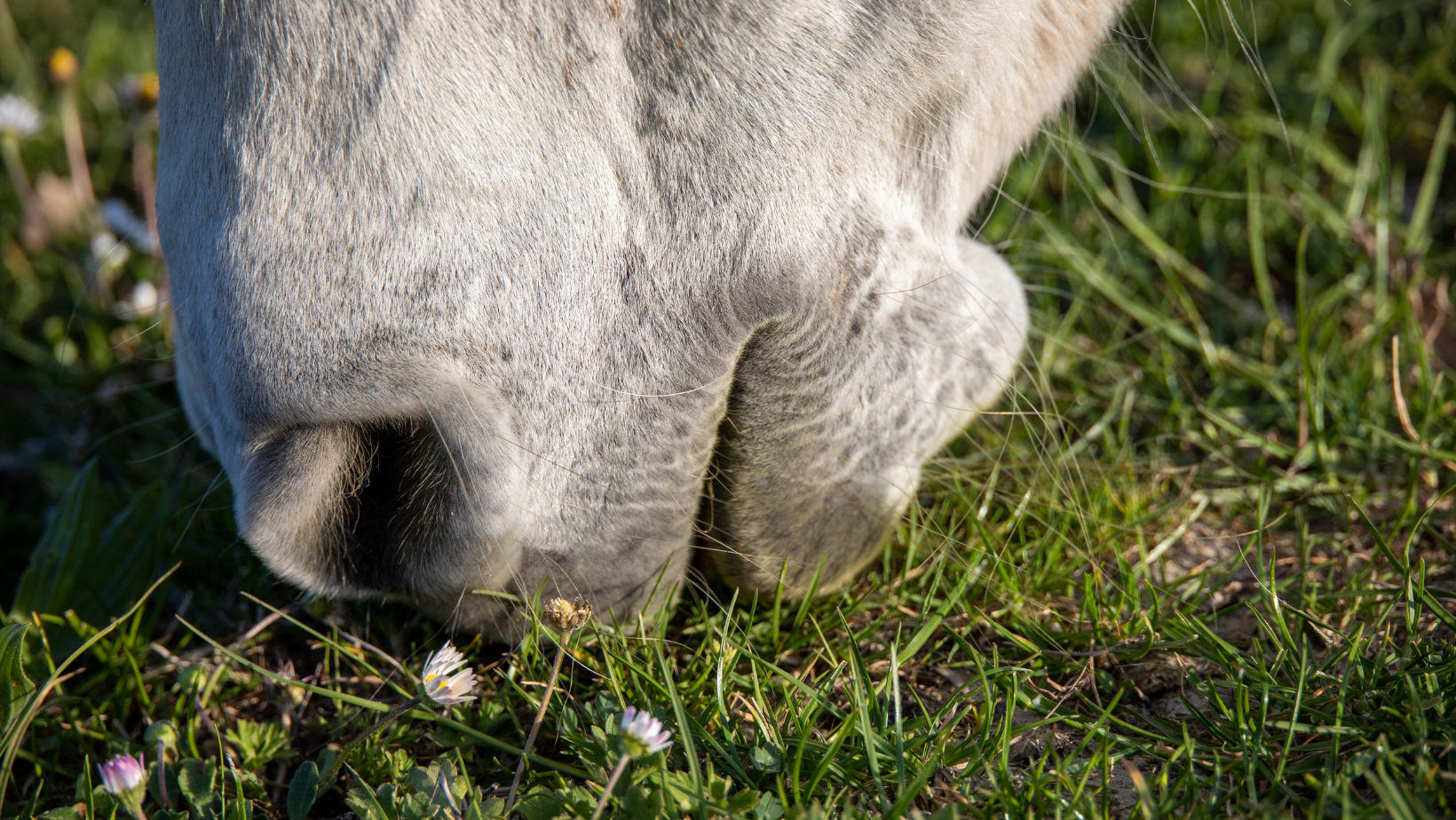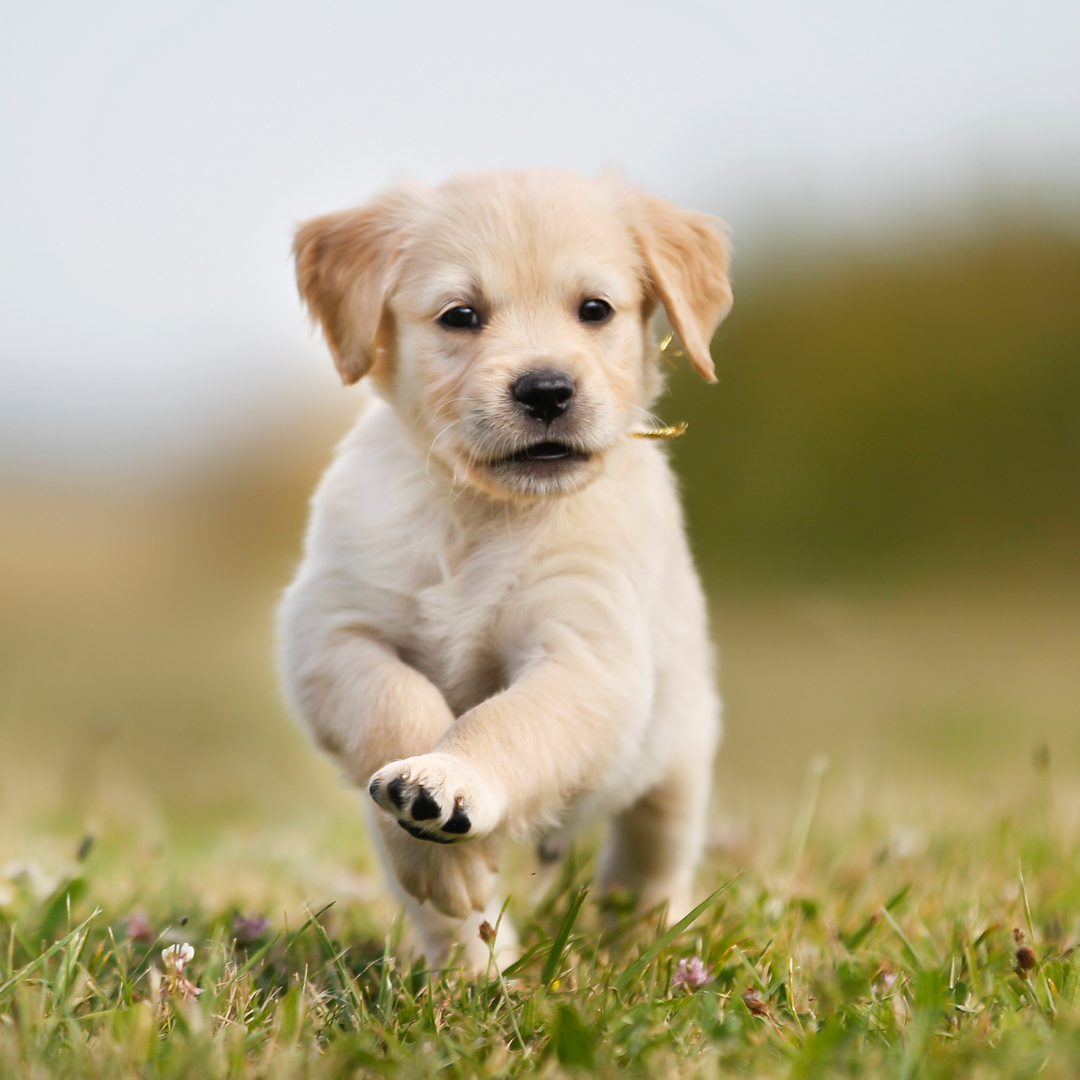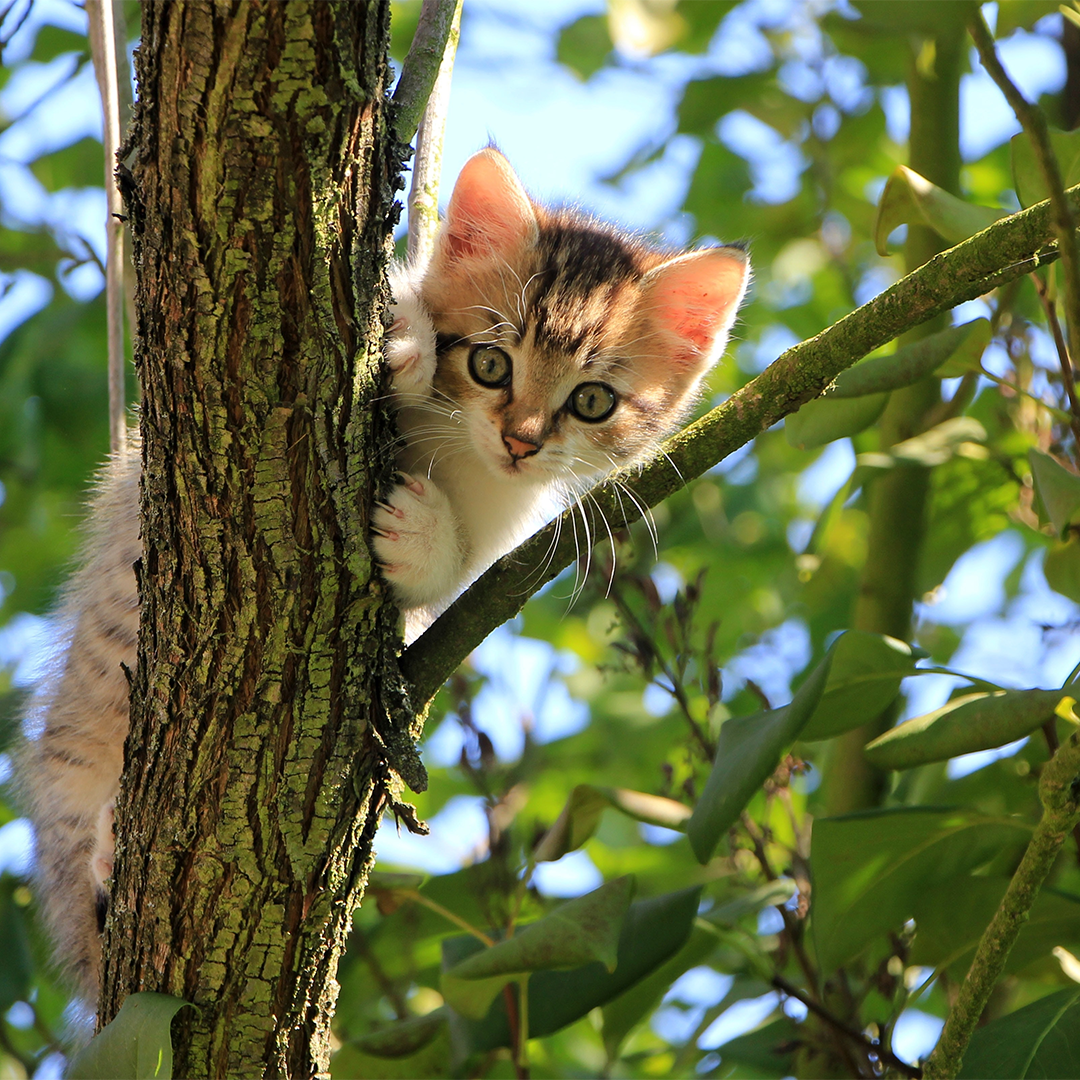Facts and Fiction of Laminitis
Laminitis is a cause of concern for so many horse owners. It is the second biggest cause of death for horses (after colic)! Defined as the inflammation of the Laminae (the sensitive layers of tissue in the hoof), Laminitis can be extremely painful for horses. Due to the rigidity of the hoof wall, as the Laminae inflame and expand, they reach a point whereby they cannot swell any further due to the hoof wall, causing discomfort. In later stages, the Pedal Bone can begin to sink or rotate within the hoof under the weight of the horse.
However, don’t let the fiction scare you! There is much speculation around Laminitis but getting to grips with the facts can help you and your horse feel more relaxed this summer.
One common misconception is that horses must be severely overweight or obese to suffer from Laminitis. This isn’t true, even hormonal changes can cause the onset of Laminitis, stress and trauma can also be factors. Another myth is that soaking hay is better than steaming hay when it comes to reducing Water Soluble Carbohydrates (sugar). Again, this is not true, steaming can be highly effective at this too. Feeding below 10% sugar and starch combined includes the whole diet not just hard feed. It’s best to contact a Saracen Horse Feeds Nutritionist for advice when it comes to dietary changes. It’s also often thought that only small ponies are more likely to develop Laminitis, when actually, Laminitis can affect any horse of any type, breed or age! This is why it is essential for all owners to be vigilant when it comes to managing their horse’s diet. Laminitis can also occur at any time of year, although it is more common in the spring-time due to weather conditions which cause an increase in growth and sugar to the grass. The sugar in the grass is also higher following a bout of frost in the winter too. Pregnancy can increase the risk of Laminitis occurring. If you have concerns over your pregnant mare, it is best to contact a vet for advice on diet management.
So what are the top tips for coping with or preventing Laminitis?
Feed an appropriate diet- be realistic about what light, medium and hard work is. It’s really hard to be honest with yourself about how much you are working your horse and to what intensity but it’s the best way to manage your horse’s diet effectively.
Do not compromise on fibre intake- ensure your horse is still receiving 1.5% of his bodyweight in fibre, if in doubt, speak to a Saracen Nutritionist, who will give you not only hard feed advice but also assist in diet management.
Restrict grazing- Grazing muzzles and strip grazing are the best way of managing grass intake. Ask in store for advice on our range of grazing muzzles and electric fence solutions.
Exercise regularly- this is important for weight loss and maintenance. Even 20 minutes a day can be beneficial!
Always call the vet if you suspect Laminitis.
What causes Laminitis:
Obesity- overfeeding and lack of exercise
Toxicity- bacterial, viral, plant and chemical causes
Trauma- prolonged work on hard surfaces and lameness
Steroid Use- prolonged use of steroids, usually as part of a treatment program
Hormonal – PPID, EMS
Stress- overworking an un-fit horse, prolonged travel
Mechanical Overload- supporting limb Laminitis, can be triggered with a fracture or injured leg as the other leg is then weight bearing more than usual.
Educating yourself on the causes of Laminitis may help you spot an episode in your horse. As mentioned before, Laminitis doesn’t just affect obese ponies, so don’t think your horse is immune! If your horse has Laminitis, it doesn’t mean you’ve been a ‘bad owner’ but it may mean you might have to change the management of your horse to prevent another episode. Body Condition Scoring is a great way to monitor your horse's weight. Train your eye on what is the ideal weight, you'd be suprised how many horses are overweight!
Laminitis is very common with as many as 1 in 10 horses suffering from the condition. There is a wealth of help and advice online and even if you think you know the usual tips e.g. cutting down grass and soaking hay, there may be further help and advice out there. Contacting a Saracen Nutritionist will provide you with valuable help. Always check with a vet or a qualified nutritionist and don't always believe what you read online or on forums!
If you are concerned about your horse, please speak to a vet. If you wish to speak to a Saracen Horse Feeds Nutritionist, please call the Nutrition Hotline on 01622 718 487, their team of Nutritionists will be able to offer support and advice for your horse’s diet as a whole, not just their hard feed.

Latest Updates
Store News
Don't forget we are open 7 days a week
We have extensive free on-site parking for customer use at both our stores
Our Blog
Want to read our latest blog and see what's happening at Lillico Attlee Country Stores?
Read BlogLatest Newsletter
Take a look at our latest newsletter.
100 Years of Parsonage Mill - celebrating 100 years as the home of Attlee's Country Store!
Preview NewsletterDiscover
Keep in touch
Country Card Loyalty Scheme
At Lillico Country Stores, we are committed to offering fantastic products at competitive prices. We would also like to reward you for shopping with us - through our CountryCard loyalty scheme.
Click & Collect
Learn more about our Click & Collect service.
Order online and collect in-store from Lillico Attlee Country Stores.






